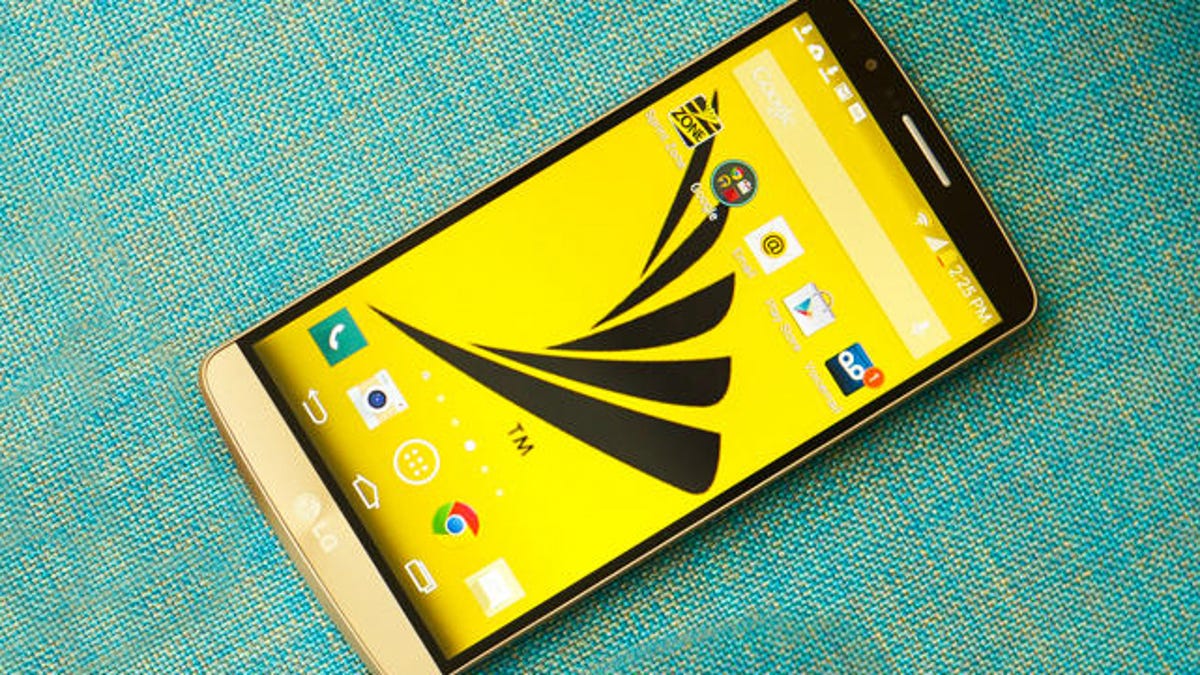Sprint finally starts to turn heads, but at a hefty cost
The embattled carrier sees its losses widen even as it manages to pull in tens of thousands of new high-value customers.
Consumers are starting to hear Sprint now.
The nation's fourth-largest wireless carrier has long struggled to get the attention of consumers, who for years were turned off by its poor reputation for coverage and reliability. Having shored up some of those network issues, Sprint has been clamoring for more attention.
It hired Verizon's longtime "Can you hear me now?" pitchman, Paul Marcarelli, to make the case that Sprint is good enough and affordable enough to warrant a second look. It jumped on the Pokemon Go phenomenon by adding lures to its stores and offering experts for tips on the game (after T-Mobile said that data usage for the game wouldn't count against its customers' plans for the next year). CEO Marcelo Claure has been on the road visiting local stores and listening to his customers. Most importantly, Sprint has vowed significant savings for anyone willing to switch.
The moves have paid off with a return to growth. Sprint on Monday said that in its fiscal first quarter it added 173,000 net new postpaid customers, or folks who have higher credit scores and pay at the end of the month. That's the highest number of net new customers in nine years when excluding customers it gained from its acquisition of Nextel.
The numbers reflect the state of competition in the wireless business, where even the once battered Sprint brand can see a return to growth thanks to the power of price cuts. Sprint is one of many carrier bending over backward to win over your business, whether it's through lower prices, free pizzas and movies rentals, or new rate plans with perks.
But as in previous quarters, that growth has come at a cost. Sprint posted a fiscal first-quarter loss of $302 million, or 8 cents a share, wider than its year-ago loss of $20 million, or 1 cent a share. Revenue slipped to $8.01 billion from $8.03 billion a year ago.
Analysts, on average, expected a loss of 8 cents a share on revenue of $8 billion, according to Thomson Reuters.
In total, Sprint added 377,000 total new customers in the quarter, which also includes a loss of 331,000 customers in its once-strong prepaid business, as well as 528,000 net new customers in its wholesale and affiliate business.


